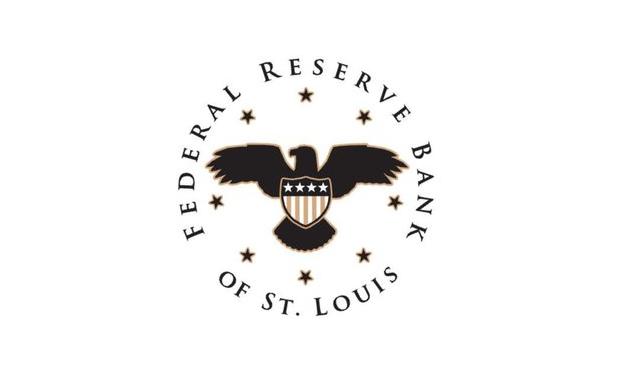Effects of Credit Supply on Unemployment and Inequality
Abstract
The Great Recession, which was preceded by the financial crisis, resulted in higher unemployment and inequality. We propose a simple model where firms producing varieties face labor-market frictions and credit constraints. In the model, tighter credit leads to lower output, lower number of vacancies, and higher directed-search unemployment. Where workers are more productive at higher levels of firm output, lower credit supply increases firm capital intensity, raises inequality by increasing the rental of capital relative to the wage, and has an ambiguous effect on welfare. At initial high levels of labor share in total costs tighter credit lowers welfare. This pattern reverses during an expansionary phase caused by higher credit availability.
Full paper here…
~


Count II in the complaint was entitled “Re-establishment of Lost Note.” Lisa needed more information about what that actually meant—what was the difference between the note and the mortgage?—but it surprised her that the plaintiff admitted that it lost a key document and was trying to reestablish it in some manner